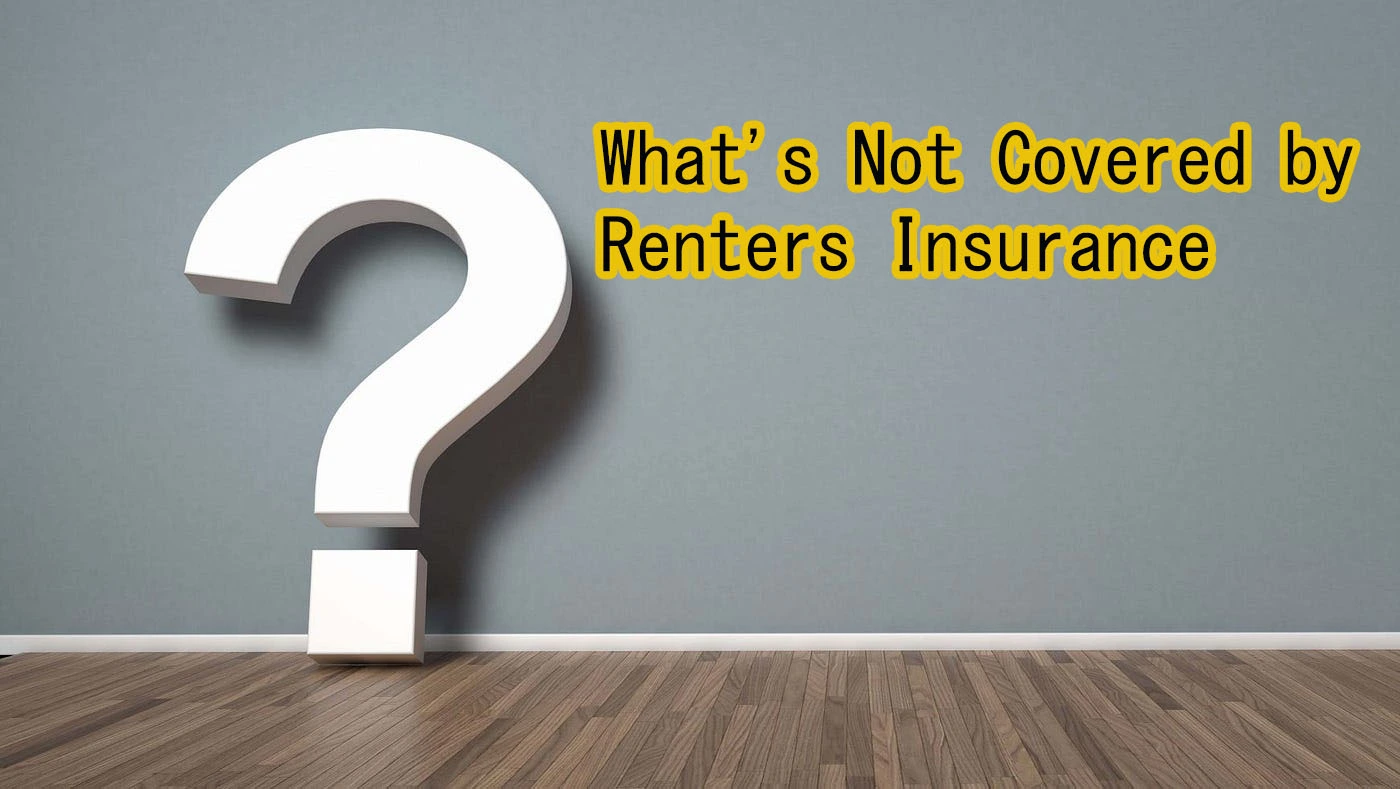What’s Not Covered by Renters Insurance: Educate Renters About the Limitations of Renters Insurance, Including What Types of Damage or Losses Are Typically Excluded
Introduction
Renters insurance is an important type of insurance that can help protect you and your belongings in the event of a covered loss. However, it’s important to understand that renters insurance does not cover everything. There are a number of exclusions to renters insurance policies, and it’s important to be aware of what’s not covered so that you can take additional steps to protect yourself and your belongings.
In this article, we’ll discuss the most common exclusions to renters insurance policies and provide tips on how to protect yourself from financial losses in the event of an excluded loss.
Common Exclusions to Renters Insurance Policies
The following are some of the most common exclusions to renters insurance policies:
- Damage to the structure of the building. Renters insurance covers your personal belongings, but it does not cover the structure of the building itself. If the building is damaged by a fire, flood, or other covered event, your landlord’s insurance policy will be responsible for the repairs.
- Damage caused by earthquakes, floods, and other natural disasters. Many renters insurance policies exclude damage caused by earthquakes, floods, and other natural disasters. If you live in an area that is prone to these types of events, you may want to purchase additional coverage.
- Damage caused by pests. Renters insurance typically does not cover damage caused by pests, such as termites, bed bugs, and rodents. If you have a pest problem, you will need to contact your landlord to have it addressed.
- Wear and tear. Renters insurance does not cover wear and tear to your belongings. This includes things like normal fading of paint and carpets, as well as scratches and dents caused by everyday use.
- Business property. Renters insurance does not cover business property. If you run a business out of your home, you will need to purchase separate business insurance.
Other Exclusions
In addition to the common exclusions listed above, renters insurance policies may also exclude coverage for the following:
- High-value items. Some renters insurance policies may exclude coverage for high-value items, such as jewelry, firearms, and collectibles. If you have any high-value items, you may want to purchase additional coverage.
- Intentional damage. Renters insurance does not cover damage that is intentionally caused by you or your guests.
- Criminal acts. Renters insurance does not cover losses caused by criminal acts, such as theft and vandalism. If you are a victim of a crime, you may be able to file a claim with your landlord’s insurance policy.
Tips for Protecting Yourself from Financial Losses in the Event of an Excluded Loss
While there are a number of exclusions to renters insurance policies, there are steps you can take to protect yourself from financial losses in the event of an excluded loss. Here are a few tips:
- Purchase additional coverage. If you have any concerns about what’s not covered by your renters insurance policy, you can purchase additional coverage. For example, if you live in an area that is prone to earthquakes or floods, you can purchase separate coverage for those events.
- Take steps to prevent losses. One of the best ways to protect yourself from financial losses is to take steps to prevent them from happening in the first place. For example, you can install security features to deter burglars and purchase a dehumidifier to prevent mold growth.
- Document your belongings. In the event of a loss, it’s important to be able to document your belongings so that you can file a claim with your insurance company. Take pictures of your belongings and keep a list of their value.
- Have a backup plan. In the event of a covered loss, your renters insurance policy will help you to replace your belongings. However, it may take some time for your claim to be processed and for you to receive your payout. In the meantime, you may need to have a backup plan in place, such as staying with friends or family or renting a temporary apartment.
Conclusion
Renters insurance is an important type of insurance that can help protect you and your belongings in the event of a covered loss. However, it’s important to understand that renters insurance does not cover everything. There are a number of exclusions to renters insurance policies, and it’s important to be aware of what’s not covered so that you can take additional steps to protect yourself and your belongings.

